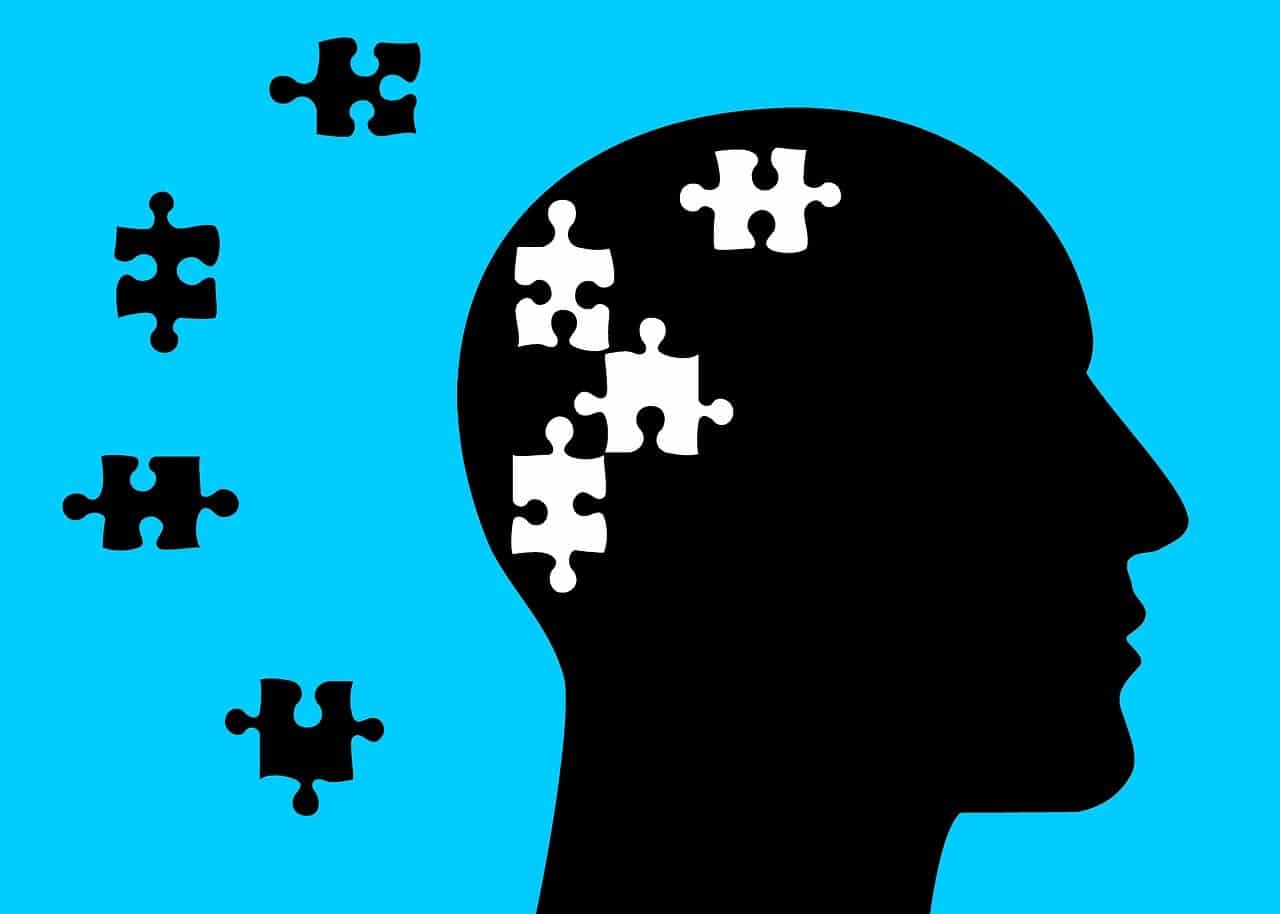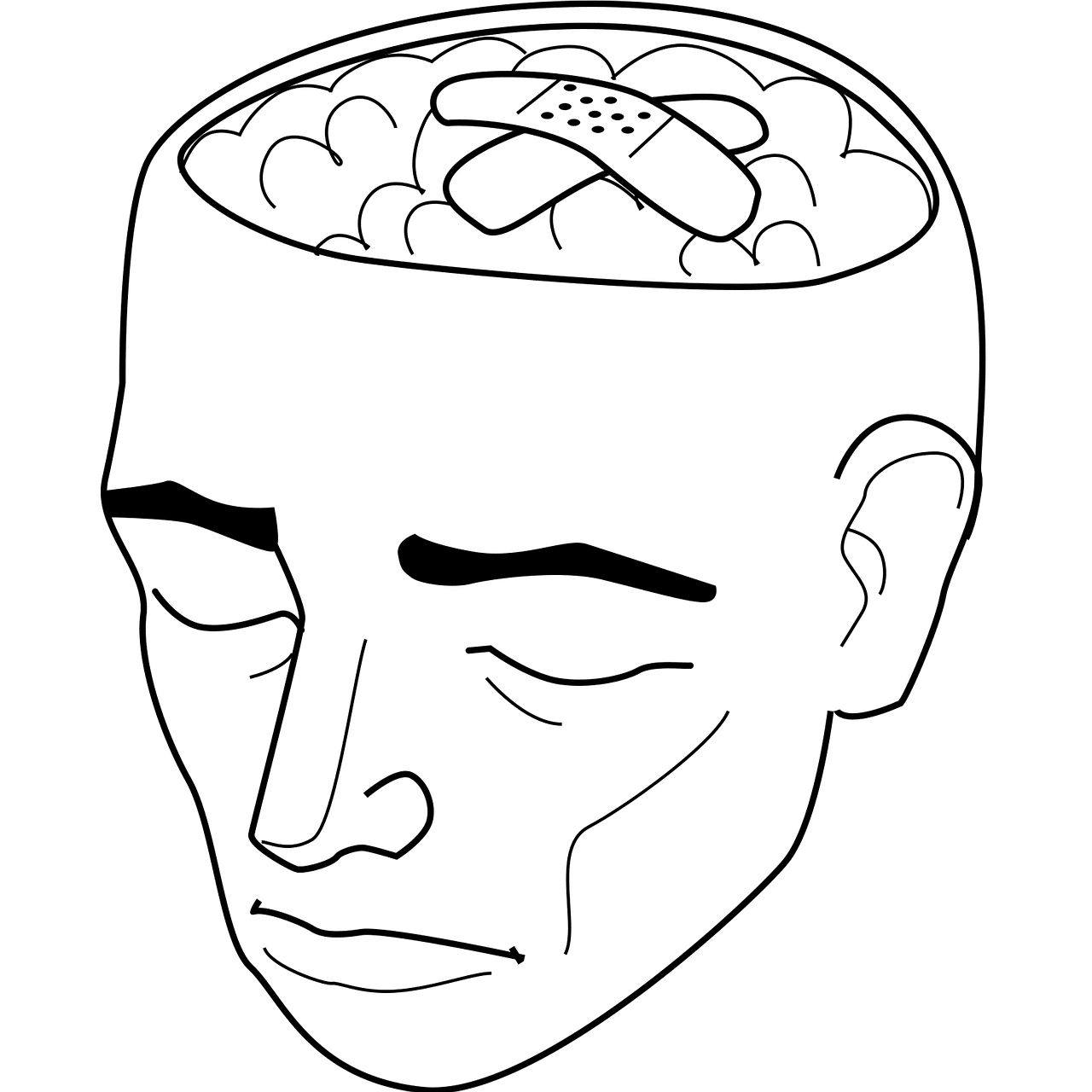
Mental health is associated with a state of emotional and psychological well-being .
Mental health is a concept linked to the balanced situation that an individual experiences with respect to what surrounds them. When this state is achieved, the person can participate in social life without problems, achieving their own well-being.
For example: "I am worried about Joaquín's mental health" , "Fame affected my mental health and I lost my perception of reality" , "I am going to quit my job to preserve my mental health" .
Although the concept of mental health arises in an analogous way to the notion of physical health , it deals with more complicated phenomena that can be influenced by culture and even by a subjective component.
In any case, it can be said that mental health is a state of psychological and emotional well-being that allows the subject to use their mental, social and sentimental skills to function successfully in everyday interactions.
Factors that affect mental health
In this sense, professionals who are true experts in the field often establish the fact that there are a series of factors that will undoubtedly help any individual to have good mental health. These include relaxing, always finding time to take care of yourself, having the backing and support of friends and family, and having a healthy life where exercise is very present.
Just as the absence of illness is not a guarantee of physical health, the same can be said regarding mental health. To determine the state of mental health of a human being, therefore, a control of daily behavior by a specialist is required.
On the other hand, mental health cannot be understood as a reality totally separate from physical health, as Latin Americans well warned in their expression "mens sana in corpore sano." Mental disorders are interconnected with physical illnesses.

There are various types of disorders that affect mental health.
Most frequent disorders
There are many mental disorders that are determined and classified and, at the same time, have their respective treatments. Among the most common are anxiety disorders , which range from phobias to panic disorders , obsessive-compulsive disorders, and post-traumatic stress disorders.
Likewise, there are also other well-known mental disorders such as depression , psychotic disorders such as schizophrenia , so-called personality disorders or those known as bipolar disorder . The latter, specifically, is a very severe disease suffered by those people who have very sudden changes in their mood.
Mental health throughout history
Although it is perhaps today that there is more talk about this type of mental health problems and when more work is being done with patients who suffer from them, it is true that throughout history there have been many relevant figures who have suffered from one. of them. This would be the case, for example, of Joan the Mad , Philip V or even the enigmatic Rasputin .
For psychologists , mental health must be promoted from the perspective of the person (stimulating their self-esteem) but also taking into account the social (from cohesive communities) and with support from the State (guaranteeing the availability of public health for all people). people).
